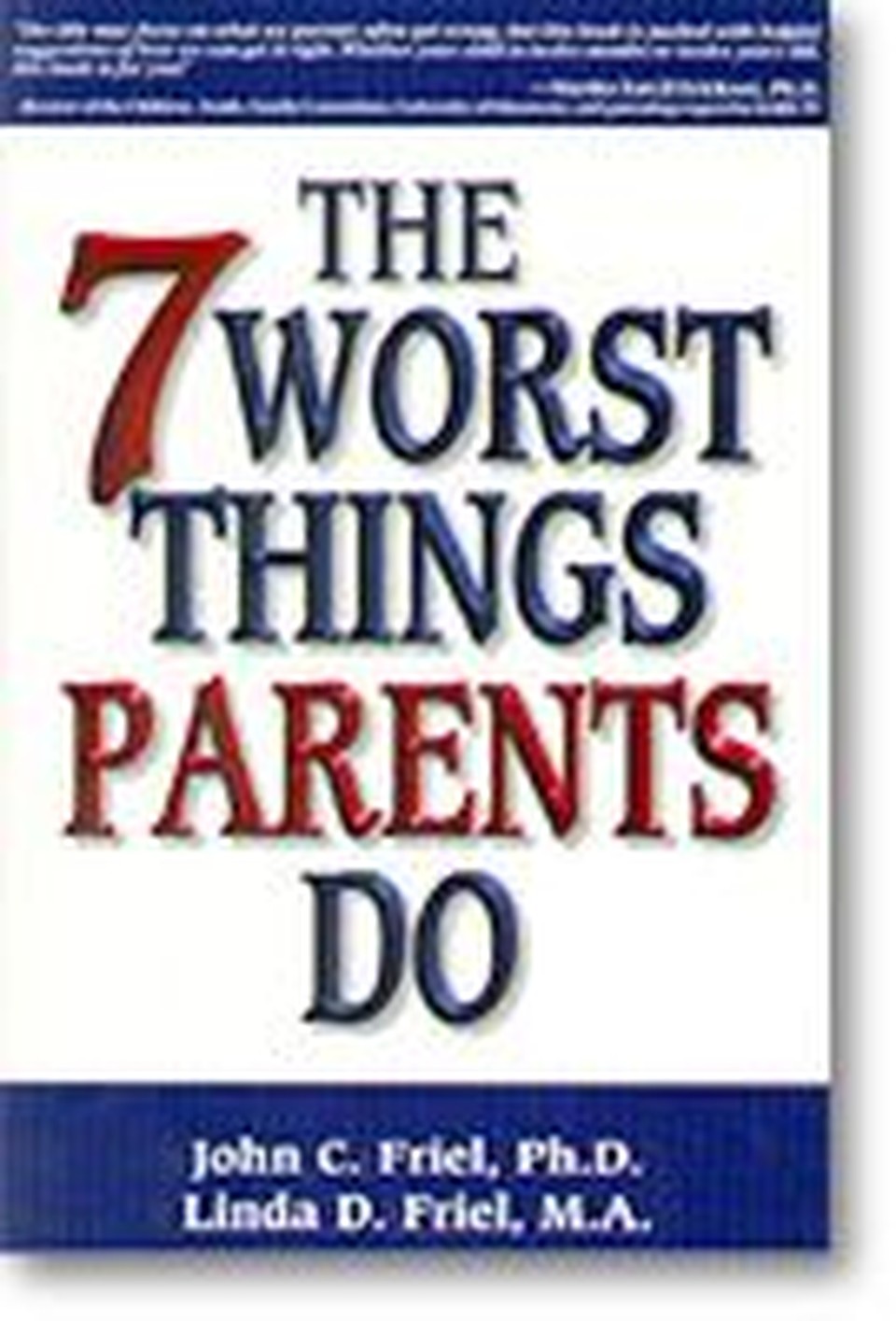Deal with your child's inappropriate behavior

If your child has acquired some behaviors that you can't stand, and know must be eliminated, it's important to have a plan to extinguish the behavior - then stick to the plan. If you change your resolve midway through the plan, you may have momentary peace, but will - as studies show - only increase the behavior more strongly.
Say your child throws a temper tantrum at the grocery checkout unless your buy him or her some candy. You don't want to do this every time you go to the store, but can't stand the embarrassment of the tantrum. You say no successfully several times, but the next trip your child throws a really BIG tantrum. You grab the candy, pay for it, and rush out of the store in a desperate attempt to quiet your child. You have just taught your child that BIG tantrums are the road to success.
The simple reality is that parents who have a few rules and enforce them consistently make the best parents, at least when it comes to discipline. Discipline is supposed to teach something, not kill a child's spirit. It's supposed to help children have basic respect for parents, and for them to learn about structure and limits, not to give parents totalitarian dominion over their children.
To eliminate inappropriate behavior:
- Don't vacillate. If you say no, set a rule, or give an instruction, and stick to your statement. When your child objects, you need to be still and calmly resolute.
- Follow through. When you think you have achieved success with your children, keep at it. Too many parents give up just when they are beginning to make a long-lasting change in their child's behavior.
- Do not try to reason with a child who is out of control. It doesn't work with adults who are out of control, nor will it work with children in that state. When your child throws a tantrum, ignore the screaming child. Smile calmly and keep your resolve. Don't you reciprocate with a shrill, demeaning, or domineering voice. It's bad enough when one member of your family acts up - the public doesn't need two of you.
- Don't sabotage your spouse. It is important to present a united front to your children - so that you don't confuse them, and so you don't damage your marriage. Children are masters at playing one parent against the other. Recognize this and refuse to play their game.
- Define behaviors clearly. Be clear about specific things you want changed or done. Merely saying Stop that! is not enough. Better to say, I want you to sit on that chair and keep your hands and feet to yourself. If you want your child to quit throwing tantrums at the grocery store, you must explain I want you to stay seated in the cart. I want you to speak in a quiet voice, and I want you to understand that we will not be eating until we get home.
- Use punishment sparingly. Often spending more time with your children will encourage better behavior than punishing them for not following all the rules. Compliment them on their good behavior.
- Don't try to change more than one or two behaviors at a time. It won't work. Besides, little changes yield BIG results.
From The 7 Worst Things Parents Do by John C. Friel and Linda D. Friel, copyright (c) 1999. Used by permission of Health Communications, Inc., Deerfield Beach, Fla., 1-800-441-5569.
John C. Friel, Ph.D., and Linda D. Friel, M.A., are full-time practicing psychologists in the Minneapolis/St. Paul suburbs and lead ongoing men's and women's therapy groups. They also lead Clearlife/Lifeworks Clinics to help people replace old patterns of living with more effective ones. They are the authors of Adult Children: The Secrets of Dysfunctional Families, An Adult Child's Guide to What's Normal, The Grown-Up Man, Rescuing Your Spirit, and The Soul of Adulthood.
Originally published July 27, 2001.







